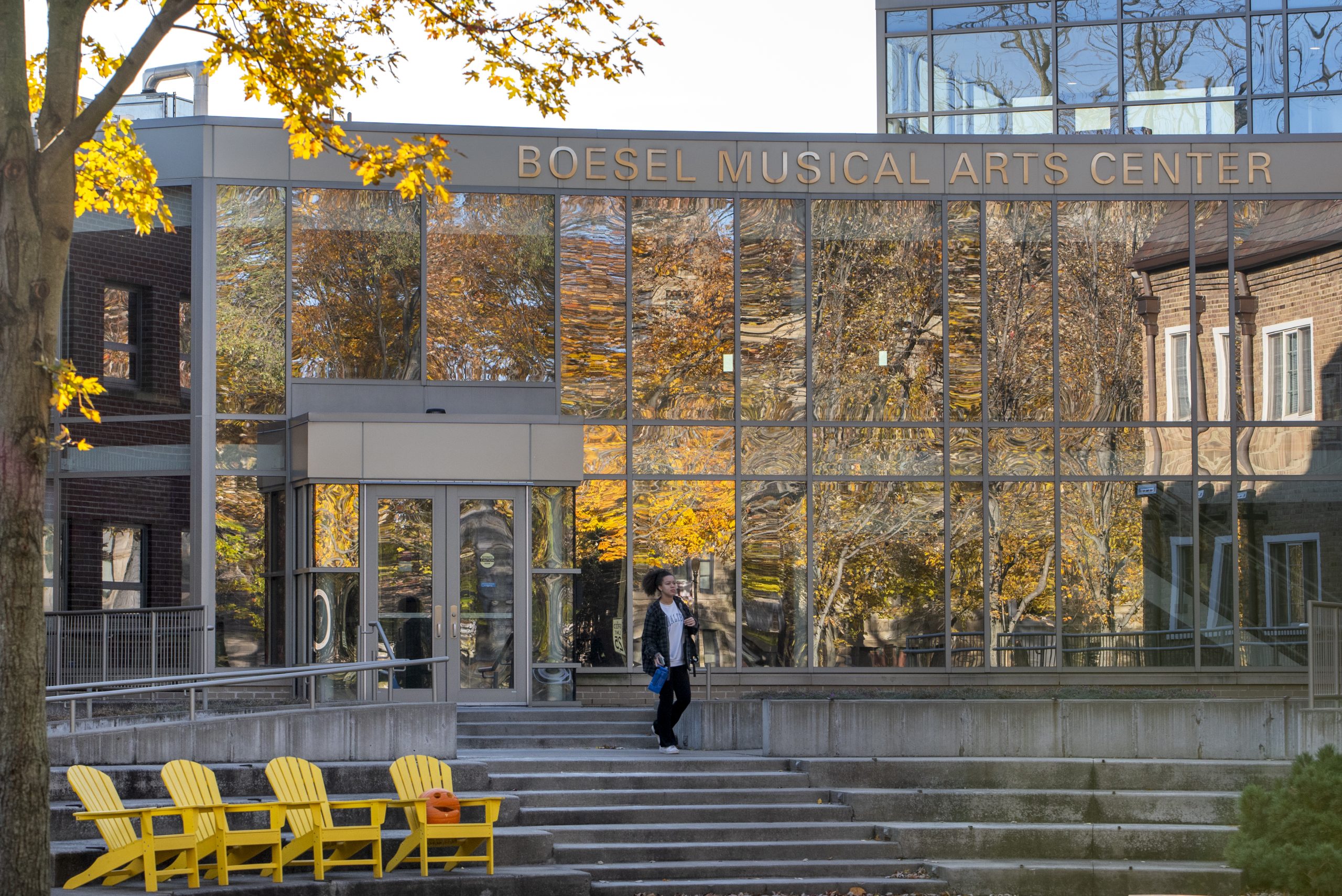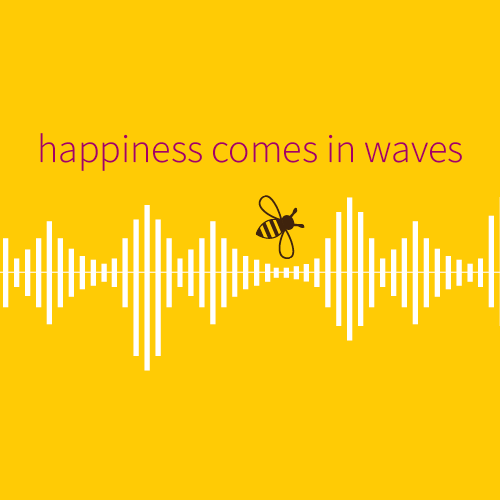
Conservatory of Performing Arts Majors, Minors and Emphasis Programs
BACHELOR OF MUSIC (BM)
- Music Performance: Keyboard
- Music Performance: Strings
- Music Performance: Voice
- Music Performance: Woodwinds, Brass, Percussion
- Music Theatre
- Music Composition
- Music History & Literature
- Music Theory
- Music Therapy
BACHELOR OF MUSIC EDUCATION (BME)
BACHELOR OF ARTS (BA)
- Arts Management & Entrepreneurship
- Music
- Music Industry
- Theatre: Acting & Directing
- Theatre: Dance & Movement
- Theatre: Design & Technical
- Theatre: Stage Management
BACHELOR OF FINE ARTS (BFA)
performing arts MINORS
- Arts Management
- Dance
- Music
- Music Industry
- NEW Popular Music
- Theatre
PERforming arts EMPHASIS PROGRAMS
- Afro-Centric Music
- Arts Management
- Collaborative Piano
- Composition
- Contemporary Media
- Jazz
- Music History
- Music Industry
- NEW Music Theatre
- Music Theory
- NEW Popular Music
- Vocal Pedagogy
Click here to add an EMPHASIS



